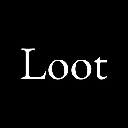-
 Bitcoin
Bitcoin
$93,735.1850
-1.32% -
 Ethereum
Ethereum
$3,346.0794
-1.50% -
 Tether USDt
Tether USDt
$0.9984
0.00% -
 XRP
XRP
$2.1421
-2.51% -
 BNB
BNB
$703.2733
-3.04% -
 Solana
Solana
$192.5293
-0.53% -
 Dogecoin
Dogecoin
$0.3161
-2.24% -
 USDC
USDC
$1.0002
0.01% -
 Cardano
Cardano
$0.8703
-2.27% -
 TRON
TRON
$0.2591
0.47% -
 Avalanche
Avalanche
$36.2196
-4.13% -
 Toncoin
Toncoin
$5.6830
-2.26% -
 Chainlink
Chainlink
$21.2530
-3.89% -
 Shiba Inu
Shiba Inu
$0.0000
-2.47% -
 Sui
Sui
$4.1135
-1.88% -
 Hedera
Hedera
$0.2809
-2.40% -
 Polkadot
Polkadot
$6.9144
-2.63% -
 Stellar
Stellar
$0.3448
-3.21% -
 Hyperliquid
Hyperliquid
$26.7074
-4.95% -
 Bitcoin Cash
Bitcoin Cash
$442.1649
-1.73% -
 Bitget Token
Bitget Token
$6.1146
-15.81% -
 UNUS SED LEO
UNUS SED LEO
$9.1157
-1.64% -
 Uniswap
Uniswap
$13.1292
-3.03% -
 Pepe
Pepe
$0.0000
-4.83% -
 Litecoin
Litecoin
$99.4047
-1.92% -
 NEAR Protocol
NEAR Protocol
$5.1562
-2.19% -
 Ethena USDe
Ethena USDe
$0.9974
0.02% -
 Dai
Dai
$1.0000
0.02% -
 Aptos
Aptos
$8.9675
-2.01% -
 Aave
Aave
$332.2713
-1.61%
How to buy, sell and trade NEAR coin? Detailed tutorial
To buy NEAR coin, select a reputable cryptocurrency exchange, create and verify an account, deposit funds, and place a buy order at the desired price; for selling and trading, simply place a sell order or set up a trade pair with another cryptocurrency.
Oct 06, 2024 at 08:12 am
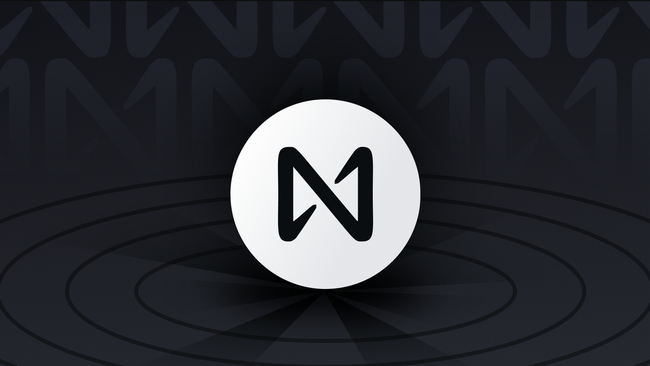
How to Buy, Sell, and Trade NEAR Coin: A Step-by-Step Guide
NEAR coin is a decentralized, proof-of-stake cryptocurrency that powers the NEAR Protocol, a scalable and user-friendly blockchain platform. With its fast transaction speeds and low fees, NEAR has gained popularity as an alternative to Ethereum. This guide will provide a comprehensive tutorial on how to buy, sell, and trade NEAR coin.
Step 1: Choose a Cryptocurrency Exchange
The first step is to select a reputable cryptocurrency exchange that supports NEAR coin trading. Some popular options include:
- Binance
- KuCoin
- Huobi
- Coinbase Pro
Each exchange offers different fees and features, so it's important to research and compare before making a decision.
Step 2: Create an Account and Verify Identity
Once you have selected an exchange, create an account and verify your identity by providing the necessary information, such as your name, email address, and phone number. This process safeguards your account and ensures compliance with anti-money laundering regulations.
Step 3: Deposit Funds (Buy NEAR)
To buy NEAR coin, you first need to deposit funds into your exchange account. You can do this via bank transfer, credit/debit card, or another cryptocurrency. Once the funds are deposited, you can place an order to buy NEAR at the current market price or at a specific price.
Step 4: Store NEAR in a Wallet
After purchasing NEAR coin, it's recommended to store it in a secure wallet to prevent theft or loss. There are several types of wallets available, including:
- Software wallets: These are installed on your computer or mobile device and allow you to manage your coins.
- Hardware wallets: These are physical devices that provide an additional layer of security.
Step 5: Sell NEAR (Sell and Trade)
To sell NEAR coin, simply place a sell order on the same exchange you used to buy it. You can choose to sell at the current market price or at a specific price. If you want to trade NEAR for another cryptocurrency, you can do so by setting up a trade pair on the exchange.
Additional Tips:
- Monitor market trends: Keep up-to-date with news and analysis related to NEAR coin to make informed trading decisions.
- Set stop-loss orders: These orders automatically sell your coins at a predetermined price to limit losses in case of a sudden price drop.
- Use limit orders: Limit orders allow you to buy or sell NEAR at a specific price, which can be advantageous in volatile markets.
- Consider trading fees: Exchanges charge various fees for trading, so it's important to factor these into your trading strategy.
- Seek professional advice: If you're a beginner or unsure about any aspect of trading, consider consulting with a financial advisor or cryptocurrency expert.
Disclaimer:info@kdj.com
The information provided is not trading advice. kdj.com does not assume any responsibility for any investments made based on the information provided in this article. Cryptocurrencies are highly volatile and it is highly recommended that you invest with caution after thorough research!
If you believe that the content used on this website infringes your copyright, please contact us immediately (info@kdj.com) and we will delete it promptly.
-
Pioneering DeFi: Antonio Juliano's Journey with dYdX
- 2024-12-30 00:45:02
-
Unveiling the Best Crypto Presale Projects of 2023: Web3Bay, Wall Street Pepe, Solaxy, and Flockers
- 2024-12-30 00:25:02
-
Neur.sh and Would Lead Substantial Gains as Bitcoin and Ethereum Remain Stable
- 2024-12-30 00:35:02
-
Polkadot, Dogecoin, and Web3Bay Reshape the Cryptocurrency Landscape
- 2024-12-30 01:05:01
-
PropiChain: The Dogecoin (DOGE) Competitor That Could Deliver Even Greater Gains
- 2024-12-30 00:45:02
-
NEUR and WOULD Rally as the Overall Crypto Market Struggles to Stay Bullish in the Final Days of 2024
- 2024-12-30 01:15:02
Related knowledge
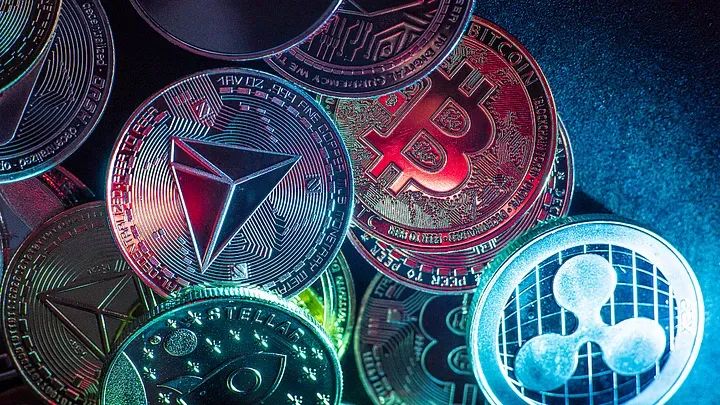
What Is The Difference Between Fungible And Non-Fungible Tokens?
Nov 26,2024 at 01:04pm
Fungible vs. Non-Fungible Tokens: A Comprehensive GuideIn the realm of blockchain technology, the concept of tokens lies at the core of many applications. Tokens represent digital assets that can be used to facilitate transactions, store value, or represent ownership. However, there exists a fundamental distinction between two types of tokens: fungible ...
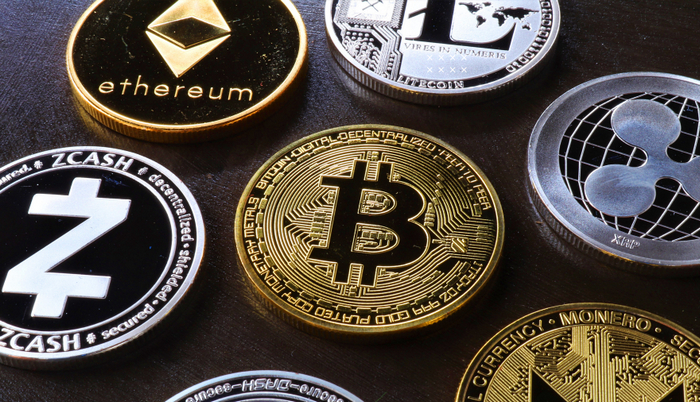
What is a Public Key Infrastructure?
Nov 23,2024 at 12:30am
What is a Public Key Infrastructure?IntroductionA Public Key Infrastructure (PKI) is a framework that enables secure communication over a network by managing digital certificates and public-key cryptography. PKI plays a crucial role in various blockchain applications, ensuring data integrity, authentication, and non-repudiation.Components of a PKIA PKI ...
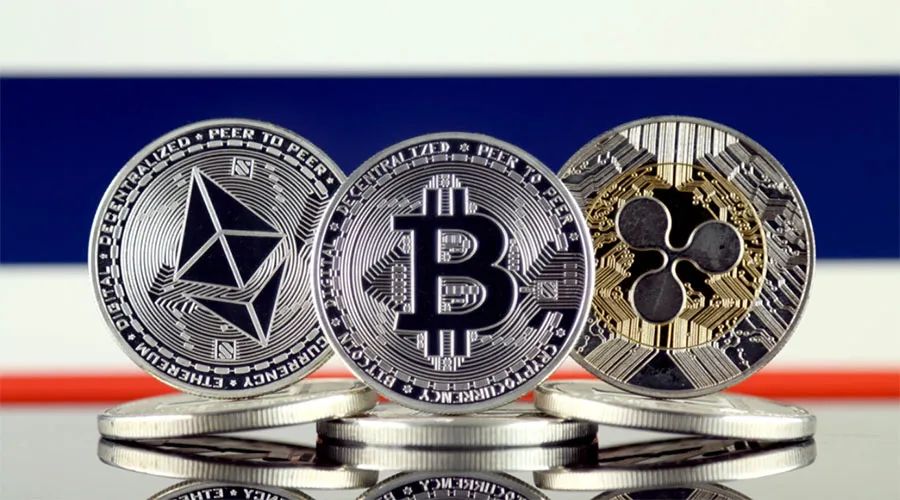
What is MEV (Miner Extractable Value)?
Nov 22,2024 at 06:22pm
What is Miner Extractable Value (MEV)?Introduction:Miner Extractable Value (MEV) is a term used to describe the profit that miners can make by manipulating the order of transactions in a block. This manipulation is possible because miners have the ability to choose the order in which transactions are included in a block, and they can use this power to f...
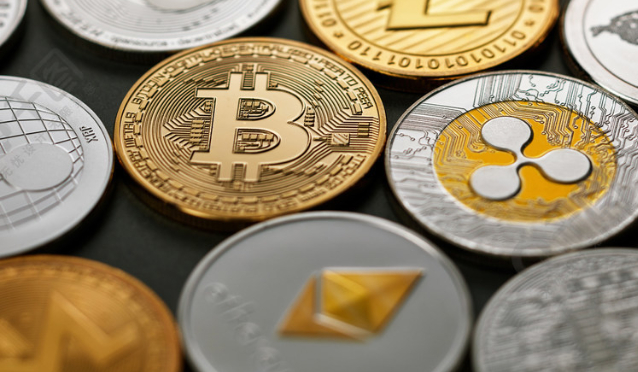
What is a Genesis Block?
Nov 24,2024 at 09:10pm
Decoding the Genesis Block: The Birth of BlockchainIntroductionThe Genesis block stands as the inaugural chapter in the blockchain saga, igniting the spark that revolutionized the world of finance and technology. This foundational block holds immense significance, embodying the inception of immutable ledgers, decentralized networks, and the transformati...
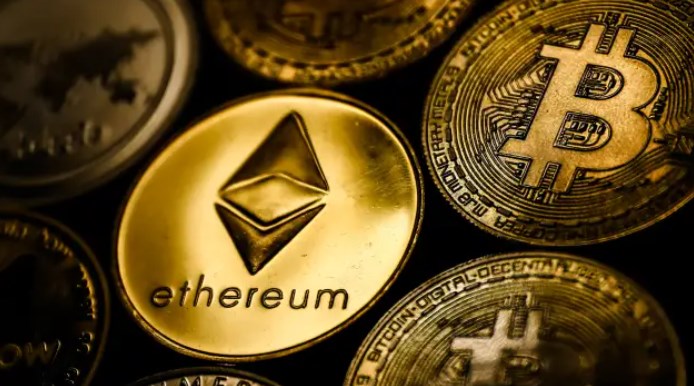
What Is an NFT Game?
Nov 26,2024 at 07:05am
What Is an NFT Game?Non-fungible tokens (NFTs) have taken the digital world by storm, empowering creators, collectors, and enthusiasts alike to own and trade unique digital assets. The integration of NFTs into the gaming industry has given rise to a captivating new realm known as NFT games, where players can not only enjoy immersive experiences but also...
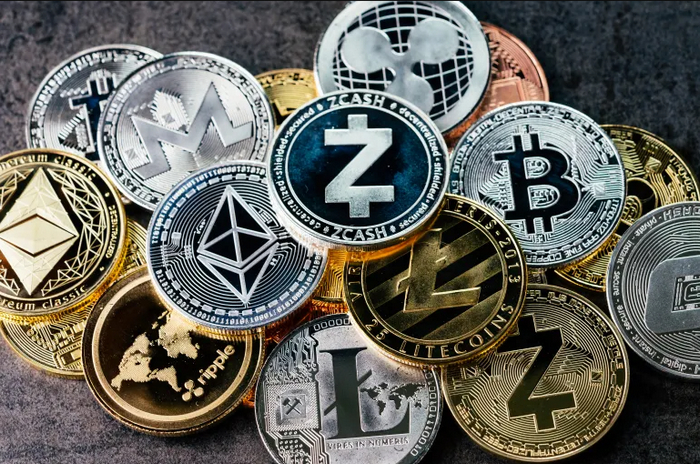
What Is an NFT Marketplace?
Nov 22,2024 at 07:43pm
What Is an NFT Marketplace?An NFT marketplace is a platform that facilitates the buying, selling, and trading of non-fungible tokens (NFTs). NFTs are unique digital assets that represent ownership of a specific item, such as a piece of art, music, video, or other collectible. NFT marketplaces allow users to create, list, and purchase NFTs, with transact...

What Is The Difference Between Fungible And Non-Fungible Tokens?
Nov 26,2024 at 01:04pm
Fungible vs. Non-Fungible Tokens: A Comprehensive GuideIn the realm of blockchain technology, the concept of tokens lies at the core of many applications. Tokens represent digital assets that can be used to facilitate transactions, store value, or represent ownership. However, there exists a fundamental distinction between two types of tokens: fungible ...

What is a Public Key Infrastructure?
Nov 23,2024 at 12:30am
What is a Public Key Infrastructure?IntroductionA Public Key Infrastructure (PKI) is a framework that enables secure communication over a network by managing digital certificates and public-key cryptography. PKI plays a crucial role in various blockchain applications, ensuring data integrity, authentication, and non-repudiation.Components of a PKIA PKI ...

What is MEV (Miner Extractable Value)?
Nov 22,2024 at 06:22pm
What is Miner Extractable Value (MEV)?Introduction:Miner Extractable Value (MEV) is a term used to describe the profit that miners can make by manipulating the order of transactions in a block. This manipulation is possible because miners have the ability to choose the order in which transactions are included in a block, and they can use this power to f...

What is a Genesis Block?
Nov 24,2024 at 09:10pm
Decoding the Genesis Block: The Birth of BlockchainIntroductionThe Genesis block stands as the inaugural chapter in the blockchain saga, igniting the spark that revolutionized the world of finance and technology. This foundational block holds immense significance, embodying the inception of immutable ledgers, decentralized networks, and the transformati...

What Is an NFT Game?
Nov 26,2024 at 07:05am
What Is an NFT Game?Non-fungible tokens (NFTs) have taken the digital world by storm, empowering creators, collectors, and enthusiasts alike to own and trade unique digital assets. The integration of NFTs into the gaming industry has given rise to a captivating new realm known as NFT games, where players can not only enjoy immersive experiences but also...

What Is an NFT Marketplace?
Nov 22,2024 at 07:43pm
What Is an NFT Marketplace?An NFT marketplace is a platform that facilitates the buying, selling, and trading of non-fungible tokens (NFTs). NFTs are unique digital assets that represent ownership of a specific item, such as a piece of art, music, video, or other collectible. NFT marketplaces allow users to create, list, and purchase NFTs, with transact...
See all articles







































